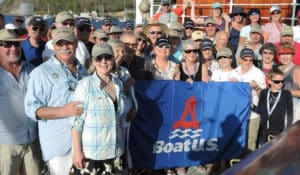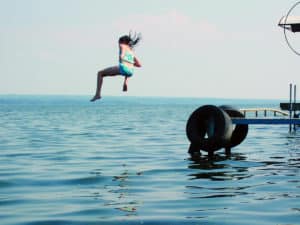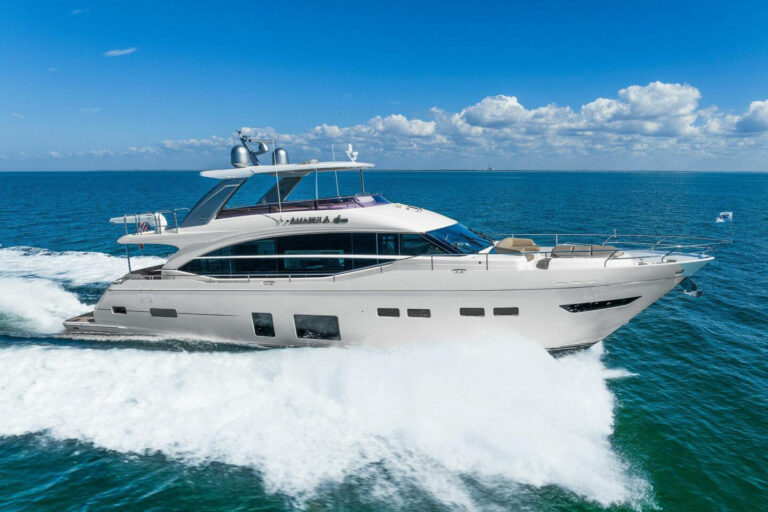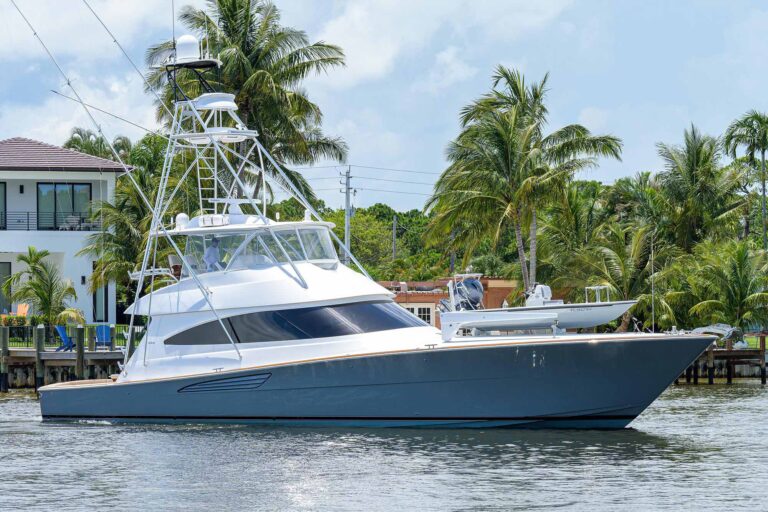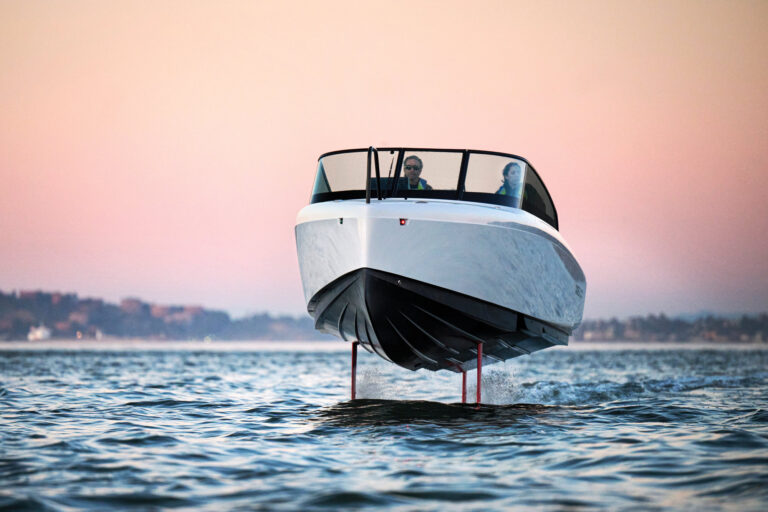Before going to sea, most of us make personal health preparations and precautions. These gestures are usually about as grandiose as ensuring there’s Advil in the backpack.
That’s just not good enough, for at least two reasons. One, ailments as benign as an ear infection or as serious as a heart attack don’t care where we are or how nice the weather is when they take over our bodies. Two, with a number of worldwide remote medical services to choose from, having our health bases covered couldn’t be much simpler.
Subscribing to a remote medical service is akin to wearing a belt and suspenders, particularly if you have a crew or are chartering with one that has Coast Guard, MCA or IMO-specified medical training. Certainly, these people know what to do when routine problems arise. With remote medical services, however, they have specialized physicians to back them up in case of an emergency. MCA training, for one, really gives “the crew the ability to make use of programs such as MedLink, said Tim Moreley, the operations director at International Yacht Masters, a Ft. Lauderdale-based crew training facility.
MedLink, like its competitors, Global Medical Services and The First Call, offers 24/7 global medical assistance. About 150 private vessels subscribe to MedLink, including owner-operated sportfishing yachts and sailboats and for-charter megayachts, according to account manager Stacy Viger. For $2,000 to $6,000 per year (the price depends on LOA and crew size), each yacht gets remote access to medical professionals for themselves, their crew and onboard guests, including charter guests. While on shore, the crew and owners remain covered.
When a medical emergency arises, a crew member calls MedLink using a cell phone, sat phone or something of the like (there’s no MedLink “Bat phone to install). A MedLink staffer answers from a U.S.-based level one trauma center and, like a 911 operator, assesses the emergency and communicates it to a physician with training in remote medicine. Simultaneously, the injured person’s medical history is pulled up, as is a database detailing the yacht’s medical inventory, such as automated external defibrillators, IV kits and antibiotics. The physician can then talk the crew member through a procedure, whether looking at a digital image and making a diagnosis, or making a judgment call based on the information conveyed.
Therein lies the downside to programs such as MedLink: They’re only as effective as owners and crew make them. Owner-operators, for instance, must take training courses and stock their yachts with all necessary medical equipment.
Larger charter yachts are required to have one “medical person in charge”. “They go through a two-week program that includes hands-on training in the use of IV meds; how to calculate dosages and administer them; handling cardiac and respiratory emergencies, including the use of AEDs; use of prescription meds such as morphine and antibiotics, and the calculation of those dosages; control of bleeding and OB/GYN courses,” Moreley said. Services such as MedLink give trained crew “someone to talk to, reinforce what they’ve learned, said Amy Greenspan, director of the International Yacht Masters school. “After all, if they’re calling, they must have a serious problem.”
Remote medical services also provide valuable logistical assistance. Most-at no additional charge-will coordinate an evacuation (fees involved with the actual evacuation aren’t covered). If someone needs to be seen by a physician back on shore, the service will locate an appropriate doctor and make the appointment while the boat is in transit.
An instance where all the components-service, training and equipment-fell into place was aboard the 128-foot Alteza (which, incidentally, won the Superyacht Society’s Distinguished Crew Award for 2000). While cruising through the Bahamas, Alteza encountered a microburst. A crew member went out to look for damage and cracked his head open when he slammed it into a hatch. The captain, who had all the necessary medical kits and had gone through MedLink’s training, spoke with a physician who successfully talked him through the suturing process.
Such crises, hopefully, are only part of the disaster scenarios avid yachtsmen play out in their minds. Inevitably, though, there are times when Advil just isn’t enough and you’ve forgotten your belt.
Contact: The First Call, (011) 44 131 348 4848; info@thefirstcall.com; www.thefirstcall.com. Global Medical Systems, (206) 781-8770; shipmd@globalmd.net; www.globalmd.net. MedLink, (877) 633-2473; careatsea@medaire.com; www.medaire.com.

